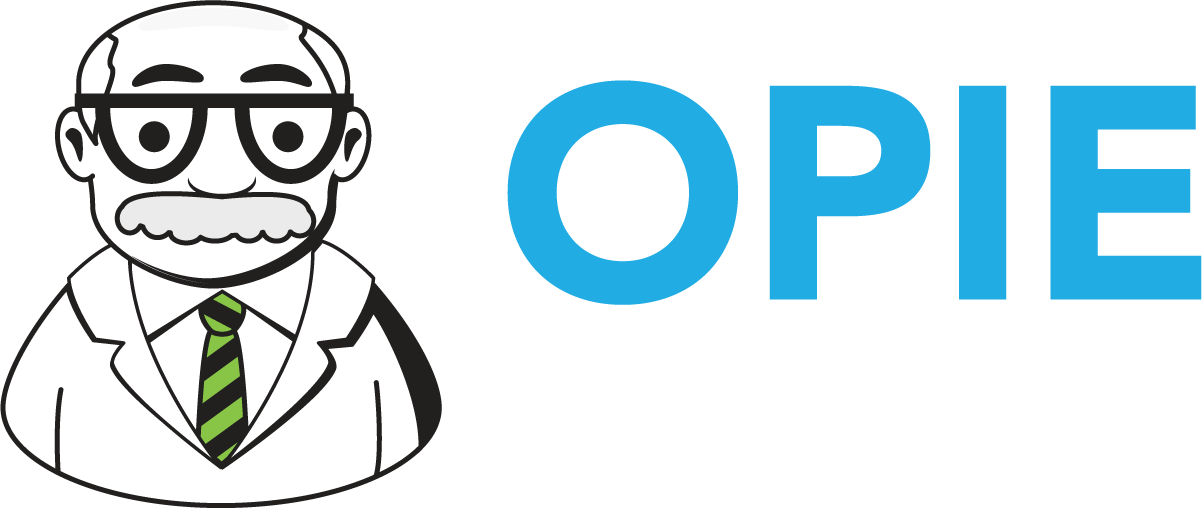Blog
You Don’t Know What You Don’t Know
Do you ever have errors in your patient demographic data? Do you ever have a claim rejected because something was not submitted or was submitted incorrectly? Has a patient ever shown up for a delivery, but the device was not ready? Is there anything in your practice that you would like to do better?
What? Compassion AND Productivity?
I believe most leaders think they have a good understanding of what matters most to the staff, but do they? Acting on poorly understood priorities is not only ineffective, but it can backfire when leaders’ actions suggest that they don’t understand what their people are wrestling with. As someone once said, “Tone-deaf compassion is more dangerous and costly than none at all.”
Business Performance Metrics – Operations
Last week we talked about “An Ecosystem of Processes.” I reminded you that there are paid bounty hunters, hired by the federal government, whose job is to claw back monies paid to you for services rendered. Your best defense is a good offense and probably the most important thing you can do, after you have your processes of course, is to monitor your activities. It is far better that you find and fix issues before they become audits and fines.
An Ecosystem of Processes
This week I was at a medical practice conference where I had a couple of big takeaways. I think the most obvious one was how much the medical practice today depends on data to drive its day-to-day operations. The other, aligned with my blog last week, is how crucial the back of office staff is to keeping the practice afloat.
All Hail the Admin Team!
In O&P, the glory goes to the clinician. But if they only knew what the admins do to make sure the company gets paid for that glorious work! The administrative professionals that are running your practice have about a gazillion different tasks to perform between the time they learn about a new prescription/patient and when you deposit payment for the services you render.
Which Comes First?
I just spent a week at the Academy meeting in Nashville. While it was awesome to see a bunch of people I haven’t seen for a while, there seemed to be a common thread of frustration with finding solid employees. To me, this begs the question of which comes first, the people or the process? Yes, it is a trick question. But which one leads to business continuity? It is funny to me that in a profession that requires meticulous documentation, the processes that drive multi-million dollar practices are often poorly documented.
Hire Slowly
I am at the Academy meeting and it is really nice to see so many people in person again. It is a great time to reflect on the memories we have made together and the good times and the not-so good times we have had. Everyone I’m talking to seems to be struggling with similar issues and staffing is chief among them. I want to resurface a blog I wrote about the importance of strategic hiring, even when faced with a really tough business environment. As tempting as it may be to fill the seat, the long-term impact of that impulse can be incredibly harmful to your practice. For every not-so-good time, there is a counter-balance, so be patient and make the most of the ride!
The Luxury of Time
When things happen unexpectedly, we can get frantic and stressed if we are not careful. It is important that we stop, breathe, regain our composure, and tackle the challenges ahead. Some new research coming out of Stanford University suggests that post-pandemic time seems to pass more quickly because we have a fairly recent contrast with “lock-down” life.
Getting the Right Work Done
How do you know if you are spending your energy on the right things? We have had a lot of change over the past couple of years and many of our seasoned practices have lost some of the institutional memory that made things work really well. In just a few short months, we are bringing back the BootCamp. You have asked for it, and I think it is time. Join me with Lesleigh Sisson, Erin Cammaratta and Valerie Vastola as we help you implement some of the ideas in this week’s blog!
Reimbursements Are Falling While Costs Are Increasing
Who here loves chasing down compliant physician documentation? That is one of two issues that come up repeatedly when talking about frustrating parts of running an O&P practice. Read on the find the other and what you can do about it.
Gossip
We all do it. Friendly banter, weekend stories, emerging relationships and other topics can be the subject of many “watercooler’ discussions. There can even be factual information shared with coworkers or patients. Casual conversations happen all the time. Is this harmless chitchat or gossip? Is there a difference and does it matter?
Things Change (or Maybe They Don’t)
I am old enough to remember when the internet wasn’t. I can spin all kinds of tales about life before the internet and cell phones and things. Now, the pervasiveness of the internet is extreme. Basic daily activities are now intricately tied to the ‘net. But the threats that come along with that fact are often hard to internalize, so we take certain things for granted. The hackers are out there, and they are looking for low-hanging fruit. How close are you to the ground?
The Changing Meaning of Words
The French have the Académie Française that started in the early 1600’s to ensure that the French language had "exact rules" to keep communication unambiguous. We have no such thing here. Our language morphs. In September 2022, Websters added 370 new words to its dictionary. The study of words and their meaning is known as "lexicography," and they are quick to point out that the meanings of words are constantly changing.
Plan the Visits!
There is a lot we need to focus on as we run a business and attracting new patients (customers) is certainly key. Everyone knows that if we have no customers, we have no business. But a new customer and a retained customer are not the same thing.
Scientific Rigor
Running your practice is very much like managing a patient. In patient care, you start at a certain point on a continuum of mobility and then you move that patient to a higher level of mobility (hopefully). The way you know you have done it is through your objective measures, whether they are focused on balance, range of motion, locomotion, ability to perform functions, etc. You all know when your change has had the desired impact on your patient. So why would you want to manage a practice that cares for many patients with any less scientific rigor?
Leadership: Starting Where The Person Is
Over the weekend, I was talking with a friend who is getting a certification in counseling. He had just finished an exam and we were talking about the class. He said the teacher had made a comment one day in class about the importance of making a connection with the client so that you can help them. Her phase was "Are you meeting the person where they are, or are you starting where the person is?" I cocked my head to the side and raised my ears like a dog and said “Huh?”
Success to Significance
As much time as I spend reading, writing and trying to practice what I preach, an interview with former University of Florida quarterback and Heisman Trophy winner Tim Tebow a few weeks ago put a point on things for me. He said something to the effect that success alone is unfulfilling. You need to move from success to significance. That piqued my interest…what’s the difference?
Into the Unknown
If you are a regular reader, you know that I am a proponent of data. For over twenty years I have talked about the importance of objective data to tell the story of O&P. The most common response I get is that “we don’t get paid to collect data.” I understand that, to a degree. But I want to challenge that thought a bit. When it comes to knowledge there are three categories: The things we know we know (known knowns), Things we know we don’t know (known unknowns), and things we do not know we don’t know (unknown unknowns). It’s typically the largest chunk of knowledge available, but it is a “black hole” in our minds. It’s the unknown unknowns that typically bite us the hardest.
Understanding Strategy and Leadership
Last week I wrote about the importance of setting clear and measurable goals and metrics to maintain transparent accountability for you and your practice. The benefit of doing this is paramount and studies have shown that it significantly improves overall consistency and performance. It’s important to build this into the foundation of your business or you could be setting yourself up for a bumpy ride.

















